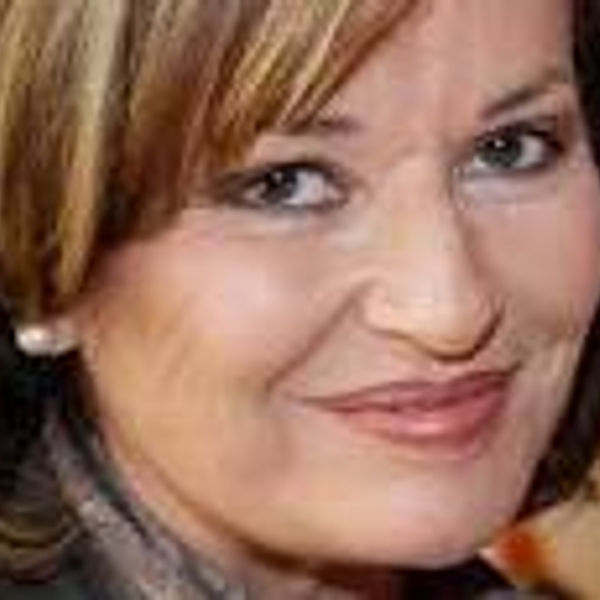


She is currently composing a monodrama on the love poetry of Michelangelo commissioned by the Metropolitan Museum of Art and the International Contemporary Ensemble. In 2015 she was a semi-finalist in the Margaret Guthman Musical Instrument Competition at Georgia Tech and a soloist with the Farnorth Collective in Greenland, which included a performance of Messiaen with Heiner Goebbels (Germany). She will perform a solo recital at the Abrons Art Center in NYC in March 2016 that will feature new works by herself and composers Sean Harold (USA), Lars Peter Hagen (Norway) and Sabrina Schroder (Canada), as well as established works by Alvin Lucier and Oliver Messiaen. In addition to composing, Suzanne is a performer of the ondes Martenot, an early electronic instrument created by the engineer Maurice Martenot in France in the 1920s as a response to the simultaneous destruction and technological advances of WWI.

Musicians and ensembles who have interpreted her work include the American Composers Orchestra, The League of Composers Orchestra, the International Contemporary Ensemble, the Arditti Quartet, So Percussion and soloists Leonard Elschenbroich (Germany), Ksenija Sidorova (Latvia), Antoine Tamestit (France), Joshua Rubin (USA), Derek Bermel (USA), Kyle Armbrust (USA), Nuiko Wadden (USA), Ben Melsky (USA), among many others. She has been supported by organizations such as the Philharmonia Society of Bremen, the Rockefeller Foundation, Meet The Composer, the Wachovia Foundation, Concert Artists Guild and New Music USA. Her music has been featured at venues and festivals such as Mostly Mozart, Matrix, Alpenklassik, Music in Würzburg, BAM NextWave, Theaterforum (Germany), Town Hall Seattle, Carnegie’s Weill Hall, Symphony Space, the Walker Art Center, SALT (Victoria, BC), Festival Nuevo Mundo (Venezuela) and New York’s The Stone, Spectrum, Subculture, Miller Theater, Merkin Hall, Joe’s Pub, among many others. Yet it transcends its derivations to leave the distinct impression of its own.” Tim Page, the former classical music critic of the Washington Post wrote: “If you can imagine the dense, perfumed chords of Messiaen’s piano music combined with the clangorous, insistent, near-pictorial tone-clusters of Frederic Rzewski’s Winnsboro Cotton Mill Blues, you will have some idea of what Farrin’s work sounds like. Her music has been performed by some of the great musicians of today on stages across Europe and North and South America. Suzanne Farrin’s music explores the interior worlds of instruments and the visceral potentialities of sound.


 0 kommentar(er)
0 kommentar(er)
